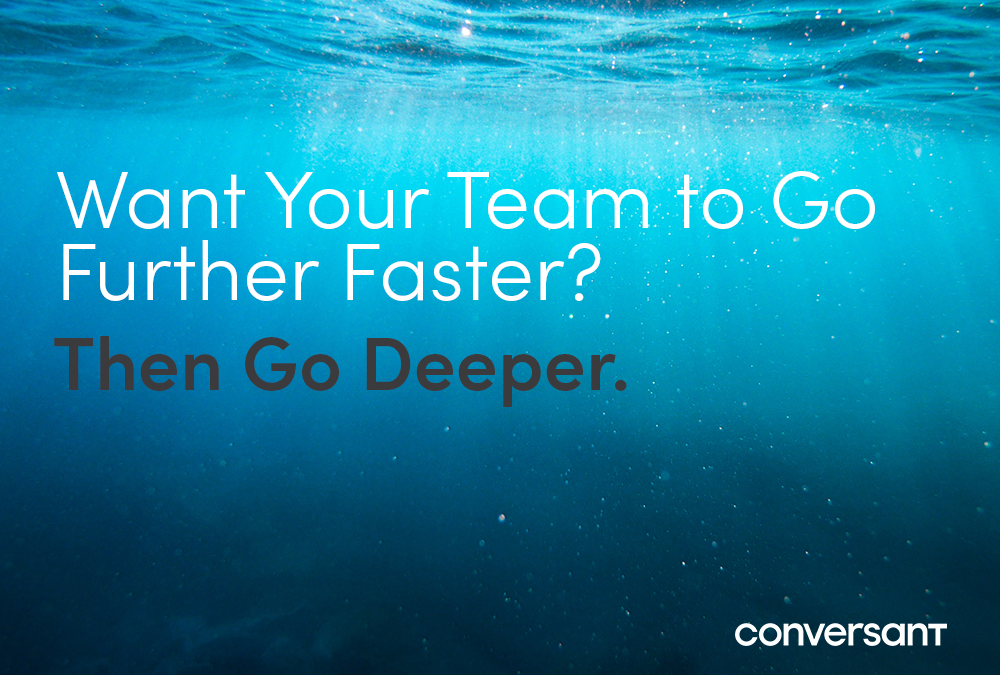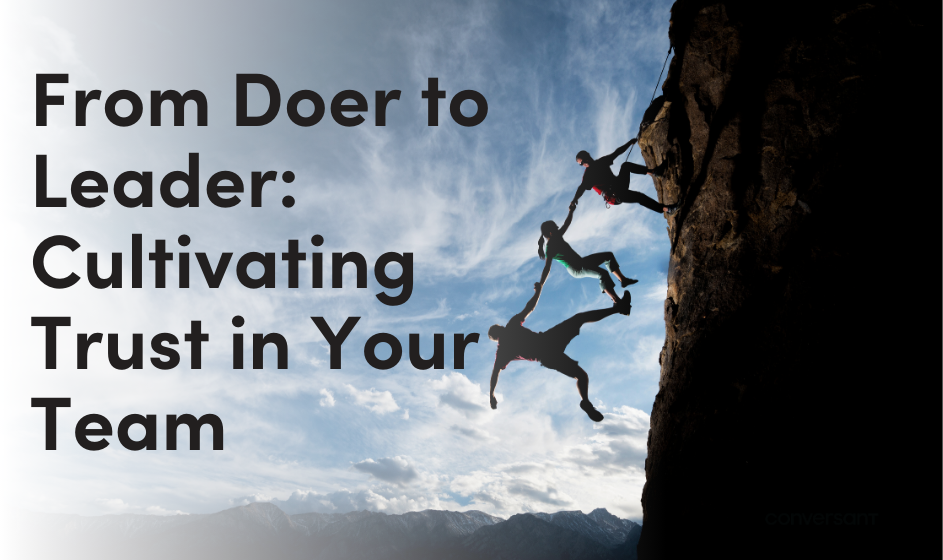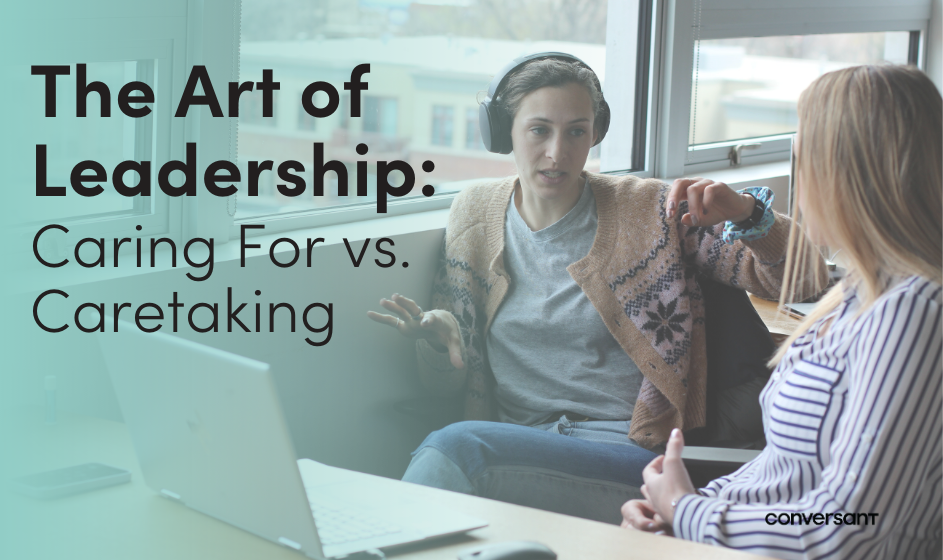Besides being a consultant and leadership coach, I am a long-time ski instructor. Given the cyclical nature of ski season, it is easy for managers and instructors to fall into routines and assumptions based on all the seasons before. For example, ski leaders can easily assume that what instructors have been reliable for in the past is what they are still interested in doing now. In reality, instructors learn and grow during an off-season, and often come back with new and different goals and life circumstances as they enter another winter.
It is not uncommon to hear a leader greet instructors as they return in the fall with questions like, “How are you? How is your family? How was your summer?” These well-intended questions are too often asked as a nicety rather than with a genuine and deep curiosity for what is present and important for this person. What if the questions we asked came from real wonder about that person, their background, and their current experience? A real curiosity for what is under the surface, including what the person is caring for and their underlying motivations? If that’s what we got out of these greetings, that information could shape how a leader interacts with that instructor for the entire season.
When asked superficially, these questions get superficial answers, and we have another missed opportunity for a real connection that can fuel the business. I’ve seen that instructors who have been heard and are contributing in a way they care about produce better lessons. Better lessons turn into better business. If that deeper understanding is missing, instructors are just instructors filling the immediate needs of a supervisor who has a client waiting for a lesson. This same scenario is playing out in organizations on a daily basis in some shape or form, and I’m proposing something different.
At Conversant we are fond of saying that all people have purposes, concerns, and circumstances. Another way to say that is that all humans have things they are caring for, things they are worried about, and events unfolding in their lives that have their attention. Given this, we suggest that the most powerful relationships will be based on caring about what people are caring for.
I have worked with many leaders over the years that have somewhere learned that it is important to relate with their employees and that this will make for a better working environment and relationship. When I ask them what they actually do to honor that relationship the answers often have something to do with asking them questions about their life outside of work (e.g. “how as your weekend?” Or “how are your kids doing?” etc…) These questions might be welcome by some, but they often miss the mark and land awkwardly. If it isn’t genuine, people can tell. You don’t want to leave another person thinking, “hmm, I wonder what training s/he just went to??” or “they don’t actually care, they just have to ask me that.”
We are all familiar with what Aretha Franklin suggested: “R-E-S-P-E-C-T – find out what it means to me.” What if we respected and got curious about what other people care for and what they are worried about? What if we demonstrated respect for what’s really going on in their lives, impacting how they’re showing up to work and to this conversation? Then we can shape our interactions with them to relate to those significant things that are already occupying their energy and attention, whether we acknowledge it or not.
You may be asking yourself, “how will I find time to do this? – I’m already too busy.” Taking this on means from a different mindset, trusting that investing time now will cause longer-term benefits. There is a cost of not caring more for your people. How many of them are looking for their next job because they are not feeling heard or seen? Real curiosity, empathy, and connection don’t happen when we’re hurried. This work requires that we be present with another person and work to set aside the old habits and anxiousness that has too many of us running too fast. Move at the speed of curiosity vs. the speed of assuming. There is a BIG difference.
Let’s start an experiment!
How about for the next 30 days we overtly work to understand what others we work with care about?
We can use these questions to get us started.
- For this project, what is it that you care about most? What are your biggest concerns?
- Tip: To make this work, you might need to show up super curious and not settle for the first thing they say. Don’t just be a nodding head. Ask clarifying questions. Ask for examples. Dig DEEPER. Say, “…and what about that is important to you?”
- For direct reports, the questions might be about their role or their current responsibilities
- For peers, it might be a project you’re working on together
- For bosses, it might be about the department, your team, or a project important to the business
Host at least 2 of these conversations a week for the next 30 days. After that time, what are you noticing that you weren’t aware of before? What have you learned?
Let us know what you find in your experiment!




